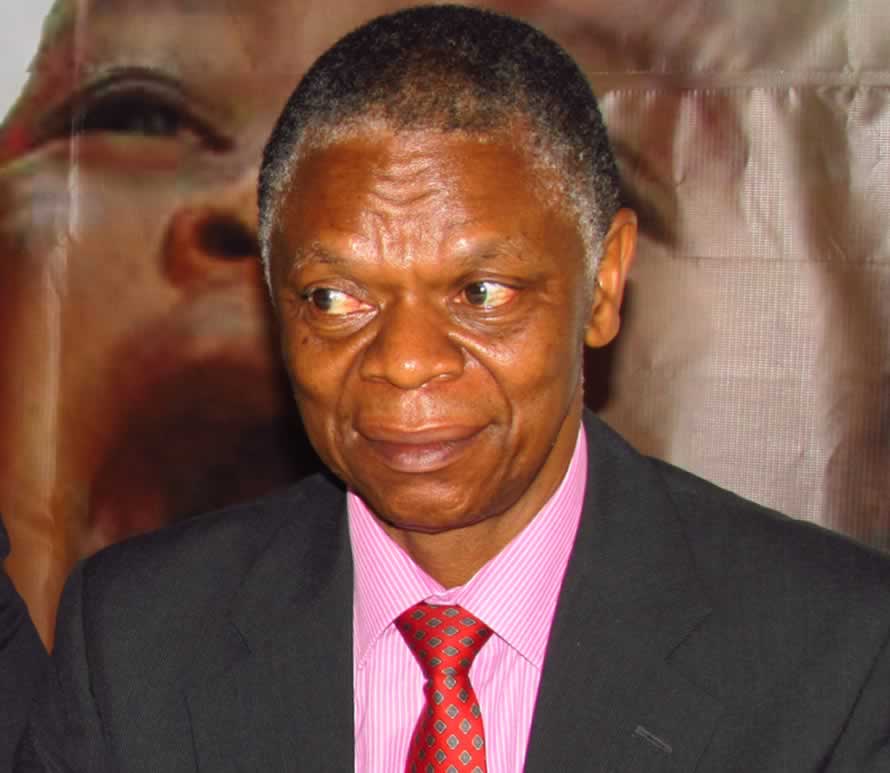
The Sunday Mail

Serious water shortages at Harare Central Hospital — one of the country’s biggest referral health institutions — are crippling critical operations as the hospital has gone for more than 10 days without running water.
This has forced the hospital to abort surgical operations to avoid theatre complications due to the unavailability of water, a situation which may result in unnecessary loss of life.
Fears abound that diseases may also spread and this has forced relatives of patients to take drinking and bathing water to the hospital.
The water crisis has hit renal patients, maternity wards, the paediatric section, X-rays, theatres, toilets and the laundry section very hard.
Harare Central Hospital clinical director Mr George Vera confirmed last week the serious water shortages, saying that the institution’s water reserves could not meet daily demand. Mr Vera said the hospital has since approached the Ministry of Health and Child Care, which released US$500 000 for the construction of a water reservoir.
At least US$800 000 is required to renew the dilapidated water pipe system.
“We have 1 200 patients, 2 500 working staff, 5 000 visitors and at the same time we receive at least 1 000 casualties on a daily basis.
“The Harare City Council is not putting us on its priority list, so imagine the situation. We only have six boreholes to cater for nearly 10 000 people.
“For us to cushion ourselves, we now have to buy water and we are buying over 90 000 litres so that we carry out surgeries and at least deal with laundry.
“The situation is so dire that at times we have to delay surgeries because doctors need to wash their hands continuously for about five minutes as per pre-surgery requirements and they need their clothes to be steamed.”
Mr Vera said the biting shortage of water has led to renal dialysis defaults which put the lives of patients at risk.
“Our toilets end up blocked at the end of the day and there is nothing we can do but to channel the available water supplies to key areas such as surgeries and constantly changing linen especially for patients suffering from water-borne diseases such as diarrhoea. Our major worry is renal patients who rely on dialysis machines which are water system based machines; therefore, if there is no water then it means renal patients’ lives will be at risk.
“In some cases water supply may be cut when renal patients are under dialysis and this will result in everything being thrown away. This means the patients will delay their time for dialysis which can cause a lot of complications.”
A dialysis machine is a device that substitutes the functions of human kidneys; it removes urea and certain salts from the blood so that they can exit the body.
During dialysis, blood from the patient runs through tubes made of semi-porous membranes which are part of the machine.
Outside the tubes, there will be a sterile solution made up of water, sugars and other components.
The water shortages have stalked the hospital for the past three years, but the situation has deteriorated since the beginning of the year.
Water leakages and burst pipes have worsened the problem.
Mr Vera said the water problem has become perennial. He is worried there might be disease outbreaks at the hospital.
“We receive five to six people who require surgical operations in theatres per day. Most patients come for theatre during the night, especially pregnant women. So just imagine the scenario when that happens when there is no water.
“Most patients now have to be told that their theatre has been halted for a few hours, but the danger with this is that we end up causing unnecessary deaths.”
He added that the hospital must have running water continuously but in some instances they receive supplies for only six hours.
“When the water is available it will be very dirty meaning that it can only be used for the toilets and not for drinking purposes. It inconveniences a lot of health programmes and we are allowing visitors to bring clean water for patients even though it is not a policy,” he said.
Mr Vera said they were even forced to divert funds meant for other critical purposes such as buying drugs and injections to buy water.
“We have some patients who are unable to visit the toilet on their own and their linen has to be changed three or four times a day.
“So, the current crisis we have here needs immediate intervention so that we are able to have constant supplies of water. We are currently engaging with the Harare City Council so that we can build a pump in one of the nearby suburbs.”




